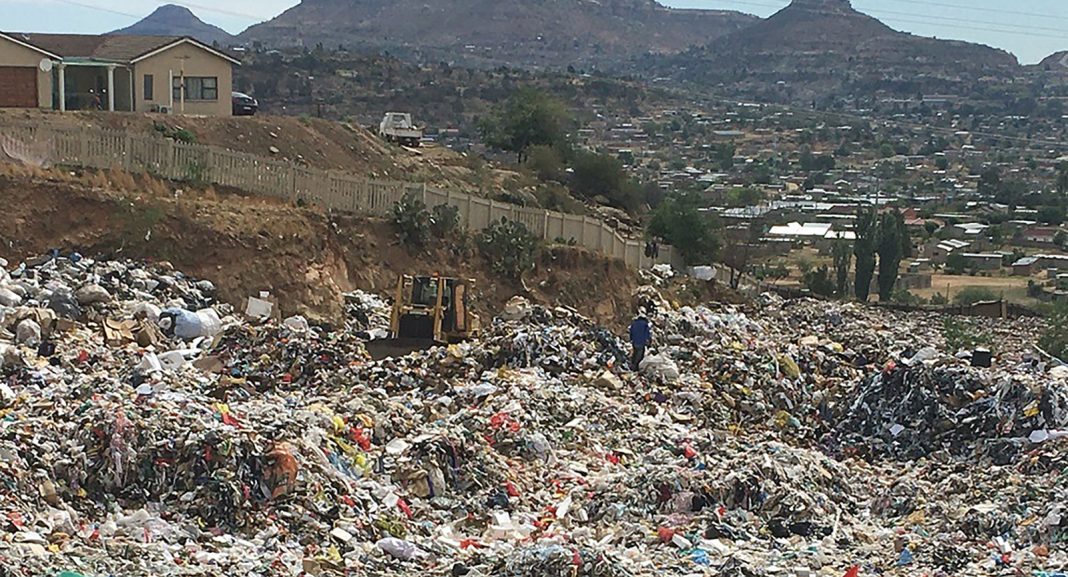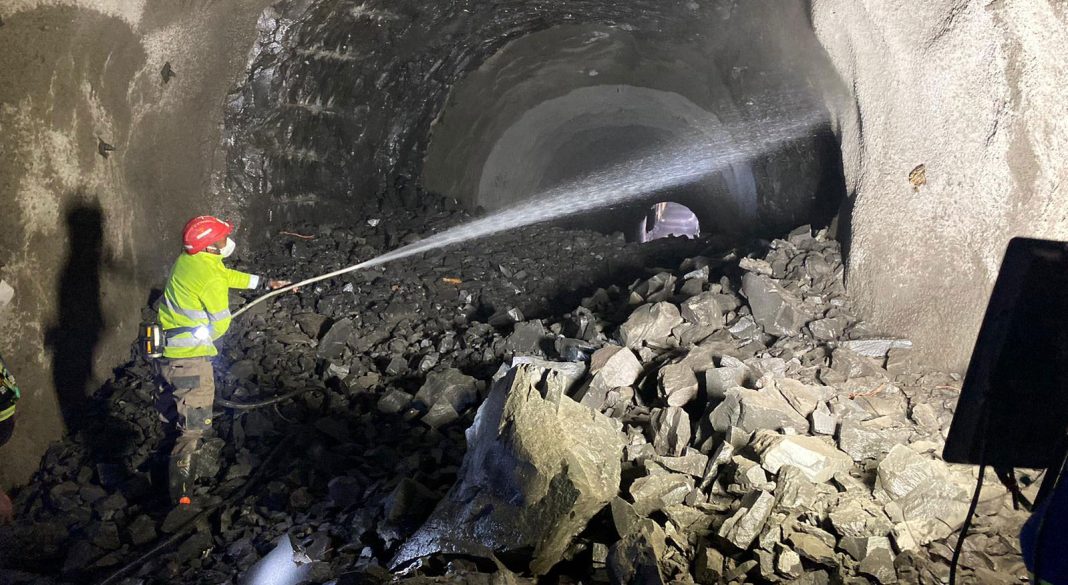The ministry of health suffered a M29 million revenue shortfall for the financial year 2023/24, and this has drawn the ire of the parliamentary committee on social cluster.
The committee this week raised concerns over the ministry’s financial management and its inability to collect vital funding.
Ministry officials told the committee on Tuesday that despite a target of M30 million in revenue, they only collected a paltry M5,7 million, leaving an alarming gap of almost M25 million.
This revelation came during the ministry’s appearance before the committee to report on annual quarterly accountability.
The committee tasked with oversight of the health sector, among other responsibilities, raised serious concerns over the ministry’s ability to effectively collect revenue from private clinics, pharmacies, distributors and wholesale pharmacies, and other entities.
The director finance in the ministry of health, ‘Mamocheko Letsepe said the ministry’s failure to collect nearly M30 million in expected revenue was due to ineffective and non-transparent revenue collection methods in practice in all the country’s districts.
In addition to an ineffective collection method, the ministry also cited the reorganisation of Queen ‘Mamohato Memorial Hospital from government to an independent entity.
In the wake of the collection weakness, Letsepe indicated that the ministry had planned to have discussions with the accountant general to implement an electronic collection system.
“We hope the new system will increase transparency and reduce corruption in all the revenue collections,” she noted.
The committee has also learned of the ministry’s failure to enforce payments in form of registration and renewal fees, as well as inspection from cannabis companies in the country.
In the cannabis industry, the ministry reported that it has fallen woefully short of its expected collection of M5.6 million, getting only M750,000.
On her part, the director of pharmaceuticals, Germina Mphoso, stated that a total of 198 cannabis companies were licensed. Out of that, 75 had not paid for their licenses while 24 were operating.
She indicated that the shortcomings in the industry was due to non-compliance of companies as some had a habit of depositing money into the ministry’s account before seeking instructions from the ministry.
According to Mphoso, some of the firms pay less than the required amounts based on information acquired from other operators.
She added there was also a serious “war” in the industry as some companies pay fees without acquiring licenses first as required by the law.
“There is a serious war in the issuance of cannabis licenses. Some of these companies are not licensed but they just deposit the money into the ministry’s account.
“Some just deposit certain amounts even before seeking a directive or information from the ministry. As a result, they pay less than what is required for certain services. They no longer come to my office; they ask other operators about the fees and just proceed to pay paying.
“That is why the records in the ministry’s account are a mess and the statement from the Post Bank shows some of the transactions are named unknown,” Mphoso said.
She indicated that for cannabis companies to acquire a license, they pay a fee of M500,000, renewal of licenses fee M350,000 and annual fee of M25,000, renewed annually.
Those doing cultivation only, she explained, pay M350,000 to acquire a license, M15,000 for application of the license, M100,000 for renewal, as well as M25,000 for inspection, all done annually.
The committee chairperson, Mokhothu Makhalanyane, highlighted a series of loopholes in the ministry’s revenue report that needed to be addressed.
He said based on the report presented by the ministry, the committee had realised inconsistency as cannabis companies had paid different amounts for similar services, making it challenging to understand the ministry’s collection practices.
“Your revenue reporting is a mess. This ministry is in dire need of funds, but unfortunately its funds are being misused by officials who should be safeguarding it for the best interest of this country.
“We don’t condone such corruption, regardless of who are involved. We will go as far as probing ministers who take part in the mismanagement of public funds,” he noted.
Makhalanyane also revealed that there are a lot of gaps in the health sector, such as lack of medications and personnel in the country.
The committee would therefore not tolerate any form of corruption or theft of public money while communities suffer.
He further warned ministry officials that the committee would probe until they discover where the ministry’s funds had been paid to, should they not be found in the ministry’s accounts.
“The health income is essential; it should be clear as to where the fees paid by these companies are. If the companies are not paying, also someone will have to account for that,” he added.









